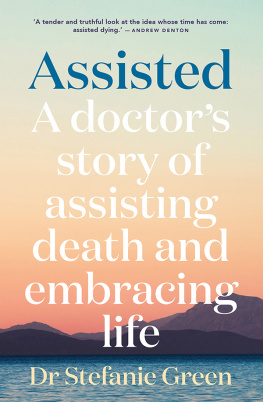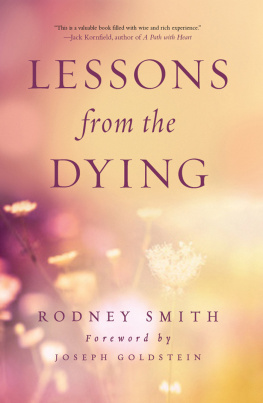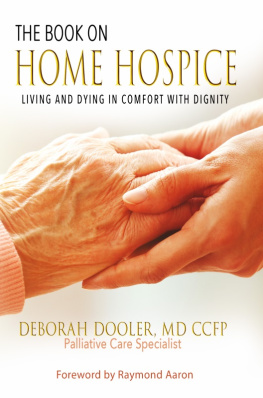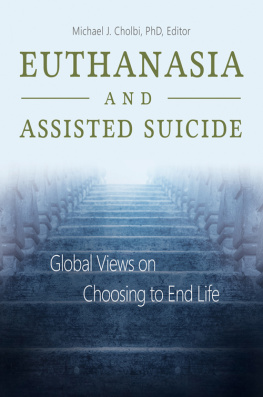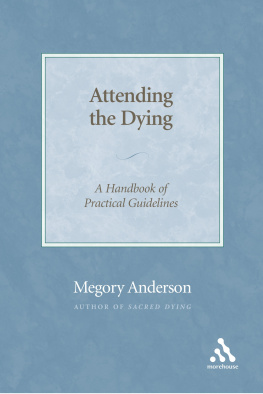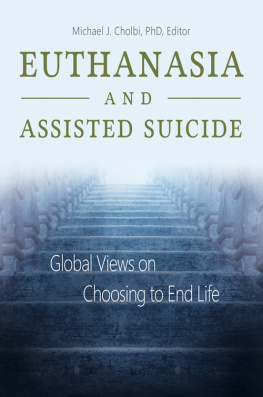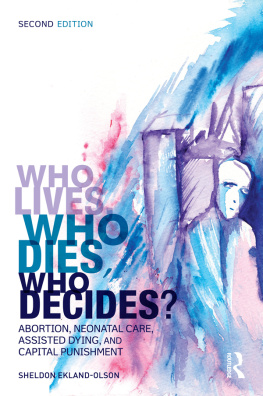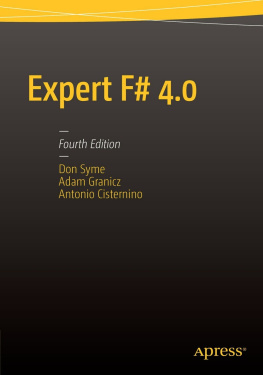MELBOURNE UNIVERSITY PRESS
An imprint of Melbourne University Publishing Limited
Level 1, 715 Swanston Street, Carlton, Victoria 3053, Australia
www.mup.com.au
First published 2016
Text Rodney Syme, 2016
Design and typography Melbourne University Publishing Limited, 2016
This book is copyright. Apart from any use permitted under the Copyright Act 1968 and subsequent amendments, no part may be reproduced, stored in a retrieval system or transmitted by any means or process whatsoever without the prior written permission of the publishers.
Every attempt has been made to locate the copyright holders for material quoted in this book. Any person or organisation that may have been overlooked or misattributed may contact the publisher.
Cover design by Pfisterer + Freeman
Typeset by TypeSkill
Printed in Australia by McPhersons Printing Group
National Library of Australia Cataloguing-in-Publication entry
Syme, Rodney, author.
Time to die/Rodney Syme.
9780522870930 (paperback)
9780522870947 (ebook)
Includes index.
Suffering.
Death.
Euthanasia.
Assisted suicide.
IS THIS THE BEST WE CAN DO?
R udi Dobron was slowly dehydrating and starving to death, like someone with advanced dementia, but he was completely competent and aware of the fact, and fully conscious of its effects. He had initiated the process.
Rudis problem was not a lack of awareness of the significance of food and drink, as can occur with dementia, or a lack of hunger, but an inability to swallow. He had laryngeal cancer, which ultimately led to the removal of his larynx; an inability to speak; and, finally, the inability to swallow even his own saliva. He became determined to die by refusing food and fluids, hoping it would happen reasonably quickly and peacefully. However, he died forty-seven days later, having been in the hands of a Catholic palliative care unit.
Rudi was sixty-three when, in 2004, he first developed the symptoms of his vocal cord cancer, which was treated conservatively (conserving his ability to speak) by six weeks of radiotherapy. He was pronounced cured, but required some follow-up laser surgery, and, finally, when his cancer recurred three years after its initial discovery, he was told that removal of his larynx was the only option.
Many people might think that after two failed procedures, both termed successful at the time, the outlook of further surgery was not bright, but Rudi was not a quitterthe life he shared with a devoted partner was precious to himhe wanted to live and he was prepared to take the chance, even though he would be unable to speak normally. So he underwent a complete removal of his larynx, and creation of a permanent tracheostomy (an opening of the breathing passage in the neck). He would have to learn to swallow air into his stomach, and attempt to make understandable sounds as he forced this air back up his oesophagus into his mouth.
But the cancer had affected Rudis oesophagus and he required a further major operationremoving the oesophagus, with a length of small intestine being used to bridge the gap between his pharynx and his stomach. These operations were successful in that he survived them both, but he could no longer speak, and from early on had significant difficulty swallowing, which grew steadily worse.
Four months later, a lump was found growing in his neck, which proved to be a recurrence of the cancer in his lymph nodes. The lump was attached to his carotid artery and irremovable. Chemotherapy was the only option, although it, at best, might buy him some time.
Once again, Rudis desire to live kicked in, and he accepted the proposal of six cycles of in-patient chemotherapy, with its probable side effects. As would most of us, he still hoped that this further treatment would extend both his quality and quantity of life. He bravely entered a clinical trial to try to determine if this was likely. However, with Rudi suffering from mouth ulcers, constipation, diarrhoea, loss of appetite and pneumonia, his oncologist decided to cease treatment, as it was having no benefit.
In the ten months since the operation to remove his oesophagus, he had gone rapidly downhill. By early October 2008, while any pain was controlled by the oral liquid morphine used in home palliative care, he had extreme difficulty even swallowing liquids, and had occasional shortness of breath. He had sustained significant weight loss and was burdened by a corresponding loss of energy. He was beginning to starve to death.
While listing Rudis physical distresses, it is easy to overlook his loss of speech. I was reminded of this when visiting a woman with motor neurone disease (MND) and her husband. She had the bulbar type of the disease, which paralyses the ability to swallow and speak, and later to breathe, while usually leaving the mind quite intact. This highly intelligent and much-travelled woman sat on a couch, her daughter feeding her via a percutaneous endoscopic gastrostomy (PEG) (a tube that goes through the abdomen to the stomach), using a large syringe. Her husband sat and chatted with me about many things with which she was familiar, and about which she could have made an interesting contribution. But she lacked the ability to enter the conversation quickly, with humour or gravity, supplying knowledge or asking a questionfor this, timing is all important. Sure, she could interrupt the talk and write a sentence on her board; but she could only be a small part of the conversation, not really in it. As I watched her, I slowly realised how frustrated she was, and when we were alone she confirmed her distress to me.
Christopher Hitchens, the renowned journalist and critic, developed cancer of the vocal cords, and died of it in late 2011. In one of his last published pieces (Vanity Fair, June 2011), he pondered the loss of speech, and his imminent loss of the ability to write, due to nerve damage from his medication. He wrote, to lose this ability [communication] is to be deprived of an entire range of faculty: it is assuredly to die more than a little. Further, my chief consolation in this year of living dyingly has been the presence of friends. I cant eat or drink for pleasure anymore, so when they offer to come its only for the blessed chance to talk. Hitchens was writing from the perspective of a foremost exponent of the written and spoken word, but his final longing was for the joy of communication with friends.
Its easy to forget the oppression of the soul that accompanies loss of the ability to communicate; it is a kind of suffering that does not register in the medical lexicon, but to a patient it is a fundamental loss. It is not likely to be considered something that needs palliation; indeed, and more to the point, it is almost impossible to palliate effectively.
It is all too easy to lose sight of the fact that Rudi had been unable to taste any food or drink for some time, and to take part in a meal with others. Lets reflect for a moment on the socialhumansignificance of communal eating and drinking. It is an essential part of being, something we share with others from when our life begins. Author Jon Reiner, in his memoir The Man Who Couldnt Eat, describes the loss of sense of self and the loss of social interaction involved in the loss of the ability to eat.


